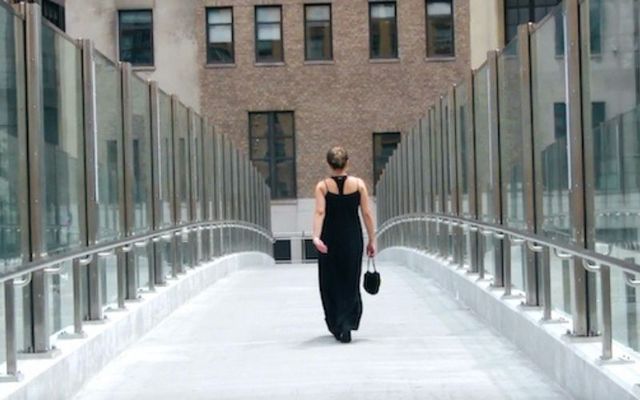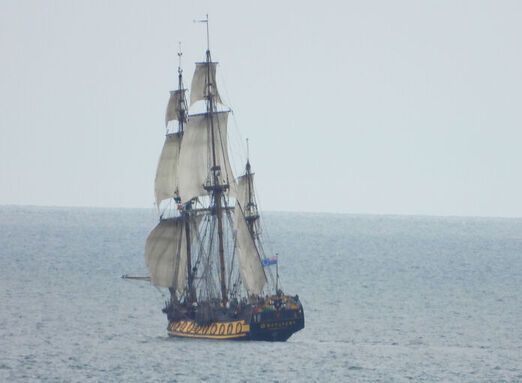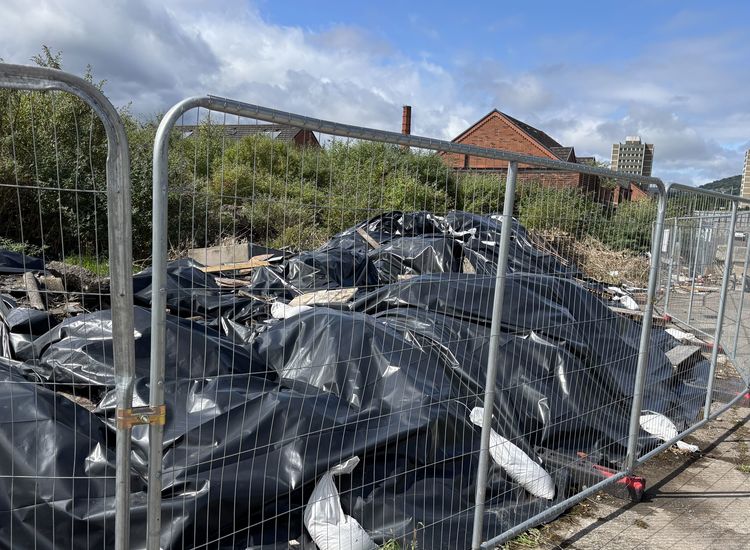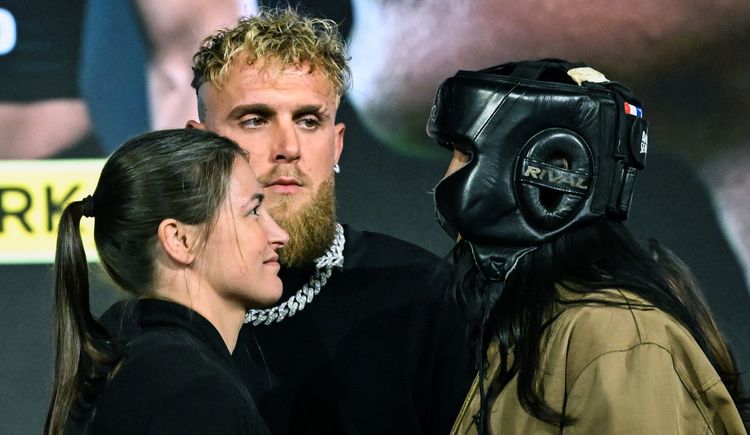The pleas to Governor Andrew Cuomo did not generate a positive result.
But backers of a plan to name a bridge in Lower Manhattan after Irish-born Revolutionary War hero Hercules Mulligan are hoping that Governor Kathy Hochul will be more receptive.
Hercules Mulligan saved the life of George Washington on two occasions, and the approach of St. Patrick's Day is witnessing a renewed effort to have a footbridge just yards from the Manhattan entrance to the Brooklyn Battery Tunnel named after the American patriot.
The initial plea for the naming of the bridge after Mulligan, a tailor by trade and Revolutionary War spy by calling, was launched by Arthur Piccolo, chairman of the Bowling Green Association in Lower Manhattan.
The Echo first reported on Piccolo's campaign three years ago. Piccolo has argued that Mulligan has never been fully or properly honored in New York City.
Now he wants Governor Hochul, who is proud of her Irish family heritage, to issue a proclamation naming the bridge after Mulligan, and preferably before St. Patrick's Day.
The footbridge has never had a name. It is located near Bowling Green, where Hercules Mulligan carried out much of his work during the American War of Independence.
Due to his placement as a tailor to British soldiers and officers in New York, Mulligan became a crucial spy during the war.
He saved George Washington's life twice, including when a British officer informed him of their plans to capture a "rebel general" the following day. Mulligan warned Washington, who altered his plans and evaded capture.
Mulligan, a Derry native, arrived in New York in 1746, He was a close friend of Alexander Hamilton and helped convince Hamilton to support independence in 1775. The two are buried in Trinity Church Cemetery in Lower Manhattan.
"Hercules Mulligan represents a class of heroes who escape the recognition other, better-known, individuals have received in history and from us today. Mulligan is of particular importance here in Lower Manhattan because it is where he spent most of his life, did most of his espionage for George Washington, and where he is now buried," Piccolo told the Echo when he launched his campaign.
Mulligan is portrayed in the Broadway musical “Hamilton,” and is also featured in the AMC drama series “Turn."
Mulligan’s life might have been that of a contented colonist. He was Protestant by birth and married the niece of a Royal Navy admiral. But the fires of American patriotism were spreading. And they were burning hot in New York City which, in those days, was clustered at the southern end of Manhattan.
“What I see in this modest, nameless bridge is our opportunity to finally provide Hercules Mulligan the visibility and recognition he deserves,” says Piccolo.









